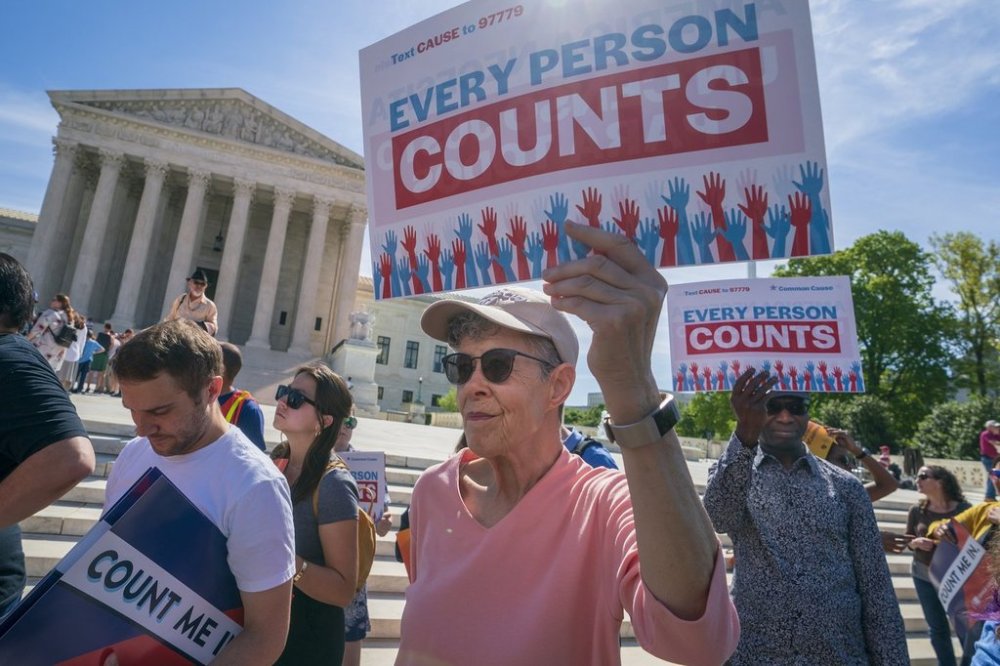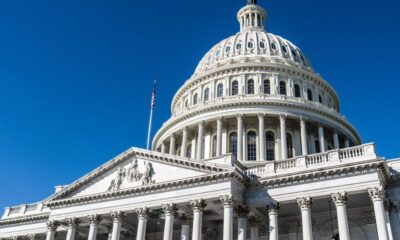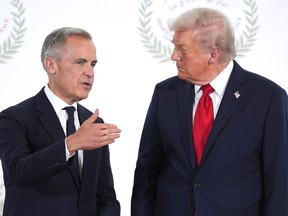World
Scientific Experts Revive Census Bureau Advisory Committee

A group of scientific experts has reestablished a U.S. Census Bureau advisory committee that was disbanded by the Trump administration earlier this year. This independent assembly is set to convene on Thursday without any official endorsement or connection to the Census Bureau.
The reformed committee, now known as the Independent Census Scientific Advisory Committee, aims to counteract the elimination of three advisory groups that provided essential guidance on statistical practices. This move is particularly significant as it reflects the research community’s commitment to advocating for rigorous data collection and analysis amidst ongoing concerns about changes in federal statistical operations.
Barbara Entwisle, a sociologist at the University of North Carolina and chair of the committee, expressed uncertainty about whether their scientific recommendations would be acknowledged by the Census Bureau. “Will our scientific advice still find an ear at the Census Bureau? I do not know,” she stated. “However, it is a certainty that our recommendations will have no effect at all if we do not provide them.”
The revival of the committee represents a broader effort among statisticians, demographers, and researchers to confront what they view as troubling alterations in the statistical landscape since the Trump administration’s return to power in January. Over this period, numerous datasets related to gender, sexual orientation, health, climate change, and diversity have been removed from federal websites. Furthermore, significant personnel changes at statistical agencies have raised alarms about the integrity of data collection.
One notable incident occurred last month when President Trump dismissed the head of the Bureau of Labor Statistics following downward revisions to employment figures. Just recently, the Census Bureau announced its inability to renew a contract essential for maintaining an online community for its largest survey of American life.
In a controversial directive, Trump instructed the Commerce Department to initiate a new census that would exclude undocumented immigrants from the count. This move has serious implications for political representation and federal funding, as the 14th Amendment mandates that “the whole number of persons in each state” be counted. Changes to the census process require legislative approval, a point that was highlighted during Joyce Meyer’s confirmation hearing for her nomination as under secretary of the Commerce Department. When questioned about the legality of conducting a new census without congressional approval, Meyer avoided a direct response but affirmed her commitment to comply with the law.
The elimination of the Census Advisory Committee and the National Advisory Committee last winter has drawn criticism from civil rights groups. In a letter to Secretary Lutnick, they described the dismantling of these committees as “a major setback” for the Census Bureau, especially as it prepares for the 2030 Census. They argued that such actions could jeopardize the bureau’s capacity to gather accurate demographic and economic data.
Before their disbandment, members of these advisory committees were appointed by the Census Bureau, and their recommendations were actively considered by agency leaders. The committees operated on a voluntary basis, with members compensated only for travel and lodging expenses. In response to inquiries about public input, the Census Bureau stated that it relies on a federal rulemaking process to gather external feedback.
Arturo Vargas, former chairman of the Census Advisory Committee, noted that discussions are ongoing about how to mobilize their limited resources effectively, particularly in light of the newly revived independent panel. “We are still discussing options and determining how best to use the scant resources to have the most impact,” Vargas conveyed in an email.
Allison Plyer, a past chair of the scientific advisory committee, underscored the importance of external perspectives in shaping data collection strategies. “The Census Bureau has always benefited from the strategic advice of committee members who are experts in their fields. They don’t have that now,” Plyer remarked. “An outside perspective is incredibly important.”
As the reconstituted committee prepares for its meeting, the implications of its work could be significant not only for the Census Bureau but also for the integrity of U.S. data collection practices moving forward.
-

 World4 months ago
World4 months agoScientists Unearth Ancient Antarctic Ice to Unlock Climate Secrets
-

 Entertainment4 months ago
Entertainment4 months agoTrump and McCormick to Announce $70 Billion Energy Investments
-

 Lifestyle4 months ago
Lifestyle4 months agoTransLink Launches Food Truck Program to Boost Revenue in Vancouver
-

 Science4 months ago
Science4 months agoFour Astronauts Return to Earth After International Space Station Mission
-

 Technology2 months ago
Technology2 months agoApple Notes Enhances Functionality with Markdown Support in macOS 26
-

 Top Stories3 weeks ago
Top Stories3 weeks agoUrgent Update: Fatal Crash on Highway 99 Claims Life of Pitt Meadows Man
-

 Sports4 months ago
Sports4 months agoSearch Underway for Missing Hunter Amid Hokkaido Bear Emergency
-

 Politics3 months ago
Politics3 months agoUkrainian Tennis Star Elina Svitolina Faces Death Threats Online
-

 Politics4 months ago
Politics4 months agoCarney Engages First Nations Leaders at Development Law Summit
-

 Technology4 months ago
Technology4 months agoFrosthaven Launches Early Access on July 31, 2025
-

 Top Stories2 weeks ago
Top Stories2 weeks agoFamily Remembers Beverley Rowbotham 25 Years After Murder
-

 Top Stories5 days ago
Top Stories5 days agoBlake Snell’s Frustration Ignites Toronto Blue Jays Fan Fury





















